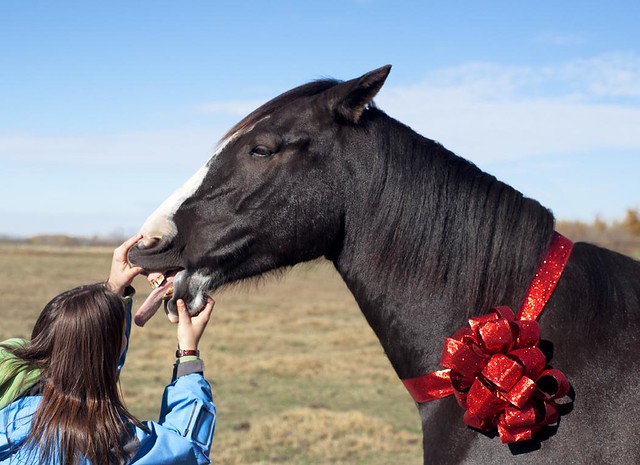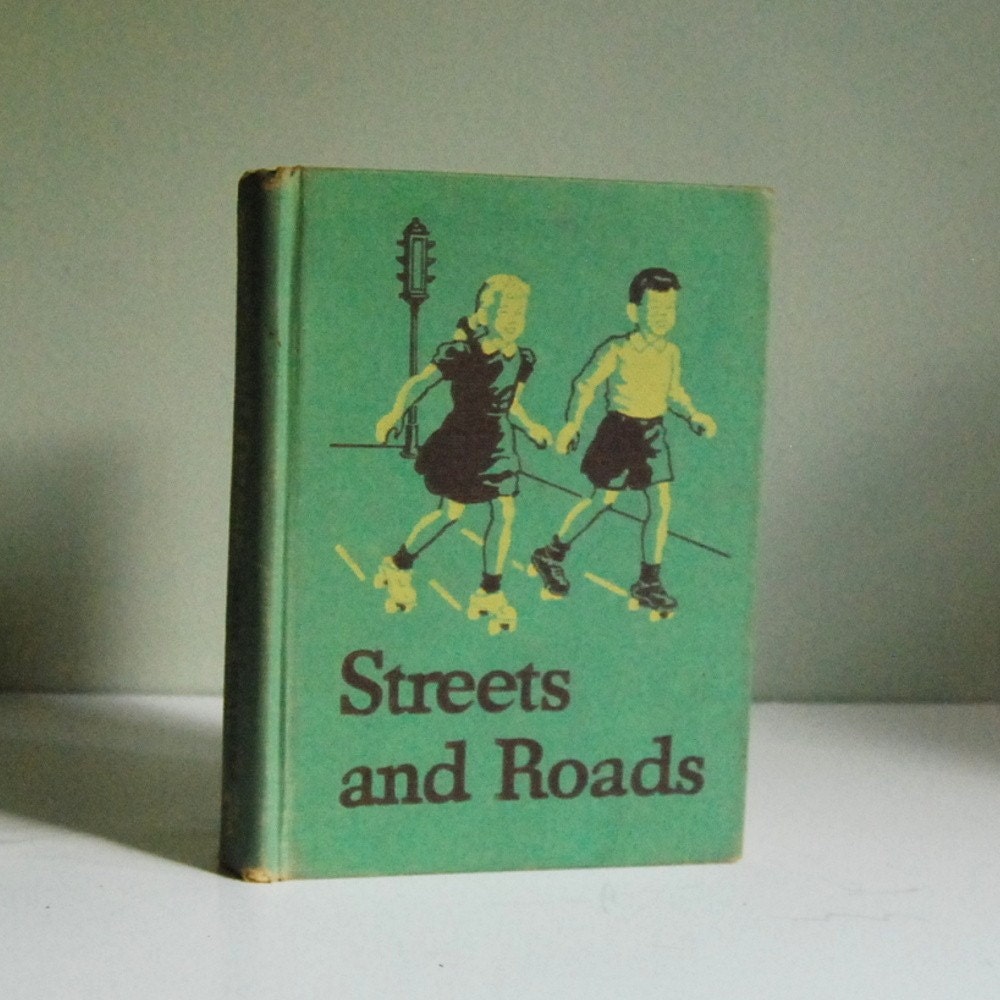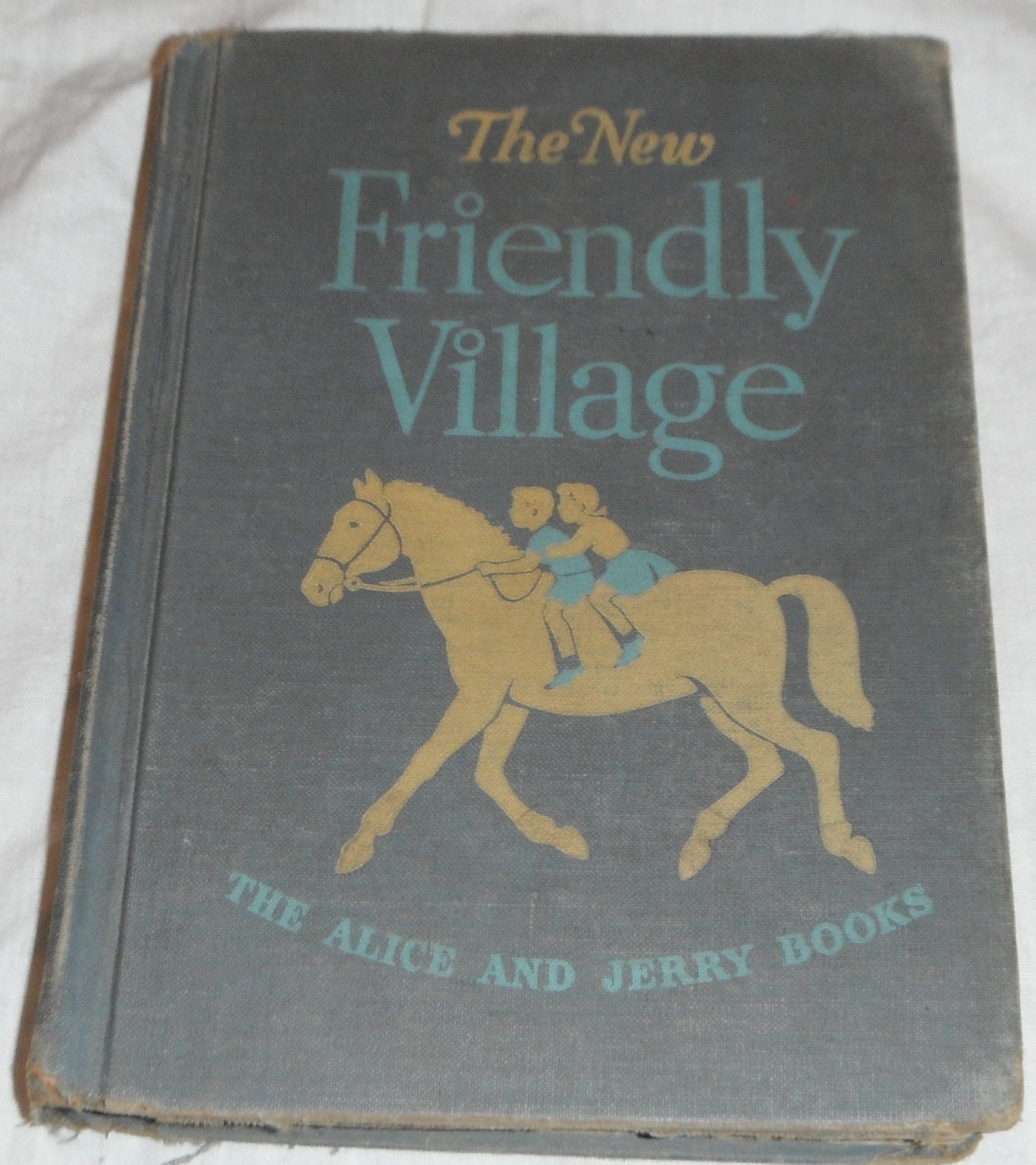
"There was a bird outside the window in our bedroom this morning," Brody said.
All seven of us were in the dining room trying to swallow the clumps of oatmeal swimming in milk that Mama Candace gives for breakfast every morning. I tried to kick Brody under the table to get him to shut up but my foot couldn't quite reach him. In my opinion, Brody has no sense of survival whatsoever which is why he kept right on talking.
"It was bigger than a raven and it went 'Woo-hoo, woo-hoo," Brody continued.
Alexander smirked and Brendan sank down into his seat in anticipation. Jennifer winced and I guess I did, too. Sure enough. Papa Branch reached across the table with his big old Kodiak bear paw and smacked Brody hard on the side of his head. Wham!
"God damn it, Branch. Now he'll have to stay out of school for the rest of the week," Mama Candace complained. She meant because of the lump and the bruise which she didn't want to have to explain. It used to be Alexander who got hit all the time til he turned thirteen and grew almost as tall as Papa Branch. These days Brody was the main target because Brody could never remember the house rules, one of which was that us foster kids couldn't talk at meals unless a grownup asked us a question.
Brody was the youngest of us, only eight years old. His mom was a schizophrenic who used to make Brody wear tinfoil on his head so the government spies wouldn't listen to his thoughts. Papa Branch said Brody'd probably turn schizophrenic, too, soon as he hit adolescence.
Whenever the subject comes up, Brody always defends his mom. He once said she was practically a saint cause she worked so hard to keep herself and Brody safe. "Wait til she takes a potato peeler and tries to peel off your skin," Alexander told him. Alexander's mother was shot to death by his father who's in jail for the rest of his life, so you can't really blame him for being cynical.
After Papa Branch smacked him, Brody just sat there without moving like he'd been turned to stone. With his skinny neck and arms, he looked kind of like a sculpture made out of pipe cleaners. The side of his face where he'd been hit had turned bright pink and pieces of his straw-colored hair were sticking straight up like someone in a cartoon who's just been electrocuted. He was staring into space with those foggy grey-green eyes of his. I got up from the table and went over to hug him. I couldn't help it cause he looked so pathetic.

"Sit down, Sabrina," Papa Branch yelled but I ignored him. I knew he wasn't going to hit me cause that'd be two of us not going to school which would make Mama Candance mad as a wet hen. Truth is, I'd planned to skip school anyhow and maybe I'd sneak back home later and check up on Brody,
Brody leaned into me when I put my arms around him but he still didn't make a sound. "It's okay," I told him, "It'll be okay," which was a stupid thing to say because nothing was ever going to be okay in this sorry-assed foster home.
I was probably the luckiest one here. Until I was fourteen I was raised by my two great aunts who lived together in a big old three-story house with maple trees all around it. Aunt Terrie was an accomplished shop lifter and con artist who made sure I got what I needed in the way of material goods while Aunt May put herself in charge of my education, focusing mainly on etiquette, fine arts, and elocution. It was after Aunt Terrie got busted at Macy's sneaking a cashmere sweater into her purse and Aunt May got judged incompetent that I was placed in foster care with the infamous O'Donnells. By then my survival skills were pretty well honed and there was nothing the two of them -- Branch and Candace, I mean -- could do to ruin me.
By the time I left for school, Brody still hadn't said a single word. Mama Candace was making him clean the kitchen floor on his hands and knees, scraping away with a big old scrub brush. Papa Branch had already taken off for work. He was the maintenance man at the Presbyterian church and would probably get fired eventually like he always did for being lazy and drinking on the job. Most of the O'Donnell's money came from fostering us kids which, of course, was the whole reason they took us in.
I arrived at school about fifteen minutes or so after the bell rang for classes to begin. I crept quietly into the staff room and stole a half-eaten loaf of banana bread and a bag of fritos. Then I snuck back to the O'Donnells where I found Brody sitting on the steps of the back porch. Mama Candace was locked away in her bedroom having it on with her latest lover, a construction foreman named Kurtz, so I knew she wouldn't be around to bug us.
I handed Brody the bag of fritos but he wouldn't eat any until I tore open the bag and placed one between his lips. After that he kind of woke up out of his trance and ate like he was half-starved which he probably was since half of what Mama Candace gives us to eat is only a step or two up from pig swill. After he'd polished off the fritos and banana bread, the two of us just sat there for awhile. Then Brody started to talk.

"You know that bird I saw this morning, the one that goes 'Woo-hoo, woo-hoo'?" I nodded. "Well, I figured out what kind it was. It's what my mom used to call a chuckle bird." Brody paused to lick some crumbs off his lips. "See, a chuckle bird is sent by God because God wants us to be happy -- that's what my mom says."
"If God wants you to be happy, why did he let your mom be schizophrenic?" I started to say but I stopped myself in time and pretended to clear my throat instead. Brody's fragile little glass world was bound get kicked to pieces sooner or later but I wasn't about to sign on as part of the demolition crew.
 Seventy is considered old -- not as old as it can get but still old. In folklore, old women are supposed to be wise. In our culture, they are more apt to be characterized as a dithering nuisance.
Seventy is considered old -- not as old as it can get but still old. In folklore, old women are supposed to be wise. In our culture, they are more apt to be characterized as a dithering nuisance.








 Still, I leave my car windows open as an invitation to the rain gods, hoping they will take the bait. In the meantime...
Still, I leave my car windows open as an invitation to the rain gods, hoping they will take the bait. In the meantime...








